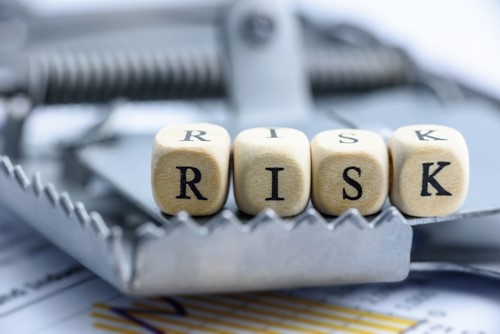The Importance of Wellbeing
Click on the below tabs to find out more.

Good health is essential for individuals to perform their tasks effectively and safely. When employees are physically fit and well, they are more likely to have the strength, agility, and coordination required to carry out their duties safely. Physical fitness reduces the risk of accidents, strains, and injuries, and enables individuals to respond appropriately to unexpected situations.

Mental wellbeing is equally important for safety performance. When colleagues are mentally healthy, they can maintain focus, concentration, and situational awareness, which are vital for identifying and mitigating hazards. Good mental health also enables individuals to make sound decisions, respond to emergencies calmly, and effectively communicate with colleagues.

Health and wellbeing influence an individual's ability to perceive and assess risks accurately. When people are in good physical and mental condition, they are more likely to recognize potential hazards and take appropriate preventive measures. In contrast, fatigue, stress, or illness can impair judgment, leading to oversight or underestimation of risks.

Health and wellbeing can influence an individual's willingness and ability to comply with safety rules and practices. When colleagues feel well-supported, valued, and cared for, they are more likely to engage in safe behaviors and follow safety protocols. Conversely, when individuals are experiencing poor health or stress, they may be less inclined to prioritize safety measures.

Health and wellbeing contribute to an individual's overall resilience, both physically and mentally. Resilient colleagues are better equipped to cope with unexpected or challenging situations, adapt to changing circumstances, and recover from setbacks. This resilience enhances safety performance by enabling individuals to bounce back from incidents, learn from them, and take proactive steps to prevent future occurrences
V. provides the following programs and resources to help you maintain and improve your overall wellbeing.
Employee Assistance Program
EAPMental Wellbeing Resources
Mental Wellbeing ResourcesNutrition & Exercise
Nutrition & Exercise InformationSeafarer Centres
Our Seafarer Centres (SFCs) are proud to serve as first point of contact to deal with any questions or concerns at any time.
Our SFC teams also provide the following services:
- Supporting with medical repatriations and processing of medical claims
- Assisting with documentation and administration requirements
- Providing guidance on contracts and benefits
- Assisting with legal queries or issues relating to local contributions
- Directing requests and queries to the relevant departments
- Coordinating social events and family engagement activities
- Providing access to wellbeing resources and personal growth activities
- Assisting with digital support queries
Crew Support Resources
Visit our support portal at support.vcrew.com
-
- Get answers to Frequently Asked Questions (FAQs)
- Create and submit tickets at your convenience
Email us at shelp@vships.com
Get Chat Support direct from the V.Crew Connect mobile app
Call our V.Crew Support Helpline
- Brazil +552128462801
- India +912268277002
- Latvia +37167609385
- Philippines +63288589901
- Poland +48583251100
- Ukraine +380487065730
- UK +442031600454
*Standard calling rates apply
Send us a WhatsApp message to +639175151234 (Chat Only)
Crew Welfare Points of Contact
To ensure our seafarers always feel supported during their time onboard, we have established a team of shore colleagues from across the organisation to act as trusted Points of Contact (POC) when required.
Crew Welfare POC's provide confidential support including:
- Answering general questions and queries
- Assisting with minor personal or professional conflicts
- Provide support around Serious / Sustained Bullying or Harassment
POCs will provide guidance and support and help to connect seafarer to appropriate support service.
W@VES
Mission – supporting professional development of women in maritime roles through the following:
- Training programs and initiatives to foster a safe and inclusive environment onboard
- Dedicated support network through Crew Welfare POCs
- Flexible career pathways and family friendly policies
- Skills building workshops (e.g., public speaking, negotiation, assertiveness, handling conflict, etc)
- Regular forums focused on wellbeing and professional development
- Mentorship programs – one-to-one and group mentoring for different stages of career
